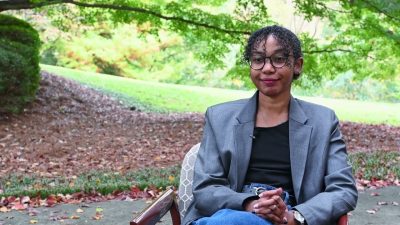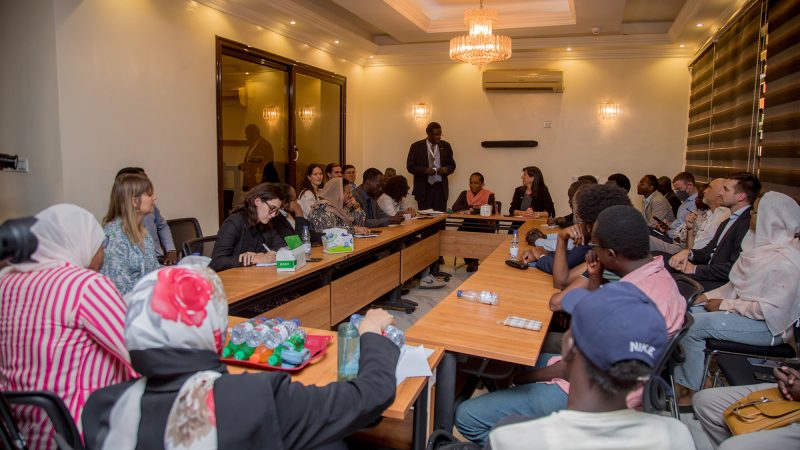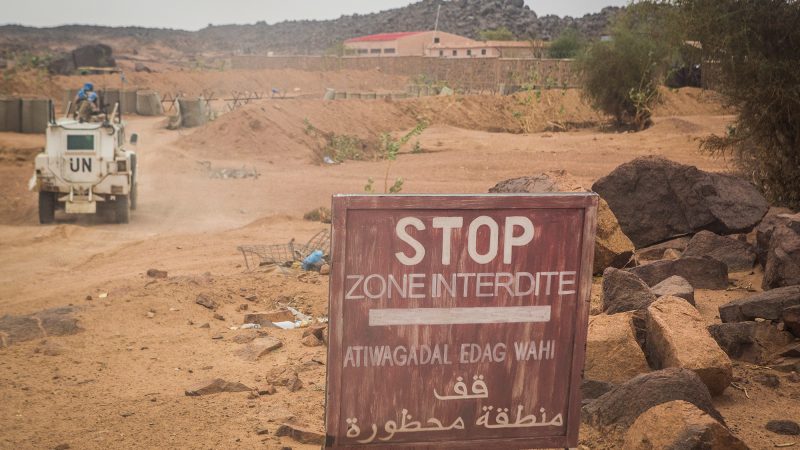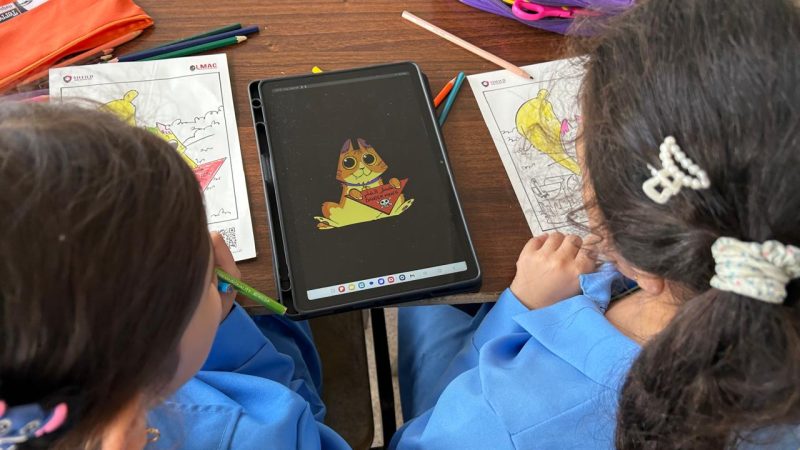
We work to prevent, mitigate, and resolve conflicts to build peace that is both transformative and sustainable.
Introduction
Understanding the Roots of Conflict
Most conflicts arise when basic human needs — dignity, security, and identity — are blocked or denied. These fundamental needs must be met for people to live fully, and when they are unmet, tensions can escalate into deep, protracted conflicts.
While wars between nations have decreased since World War II, armed conflicts continue. In 2024, the world saw 61 armed conflicts, the highest number since 1946. Some recent wars have been the bloodiest. Wars in just three places we work — Sudan, Syria, and Israel-Palestine — have claimed more than a million lives in recent years.
The need for peaceful resolution has never been greater, and addressing the root causes of conflict — ensuring that basic human needs are met — is central to building lasting peace.
Resources
From Syria to the United States, The Carter Center practices the patient art of conflict resolution through inclusive dialogue.
Why is The Carter Center involved in peacemaking? Shouldn’t that be the role of governments?
A Trusted Advisor
Space at the Peace Table
Some conflicts are not immediately ready for formal diplomacy. Nongovernmental organizations like The Carter Center — free of political or partisan positions — can gain access, build relationships, and provide mediation support in contexts where official or governmental engagement may be limited or sensitive.
War-torn countries may also be more receptive to organizations like The Carter Center that have already provided humanitarian or development assistance to them.
In modern conflicts, The Carter Center acts as a neutral third party able to facilitate dialogue to alleviate tensions until formal diplomacy can begin.
REAL LIVES, REAL CHANGE
Where Peace Meets Health
In Mali’s conflict-torn landscape, where violence between communities and armed groups can cut people off from basic health services, we have found a way to both provide needed services and identify entry points for peacebuilding.
When our conflict resolution teams create “periods of peace,” health care workers can access targeted areas. Better health, in turn, fosters cooperation between the stakeholders while building trust between communities and government officials.
This innovative approach has yielded remarkable results, including a seven-month period of relative peace in 2021-2022 that saw a 90% decrease in violent events and allowed critical health services to reach 400,000 people in conflict-affected areas.
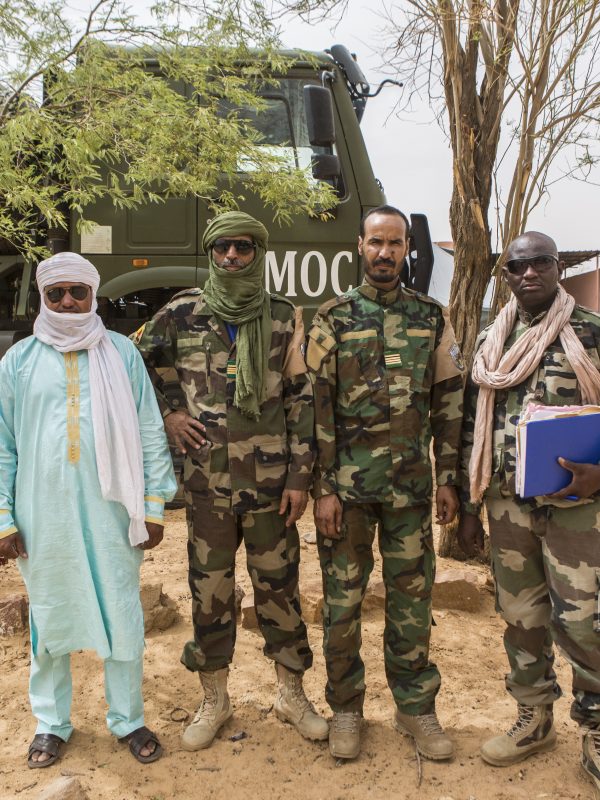
Strategies for Lasting Peace
Peace is more than an end to fighting: A conflict can only be resolved when its root causes are addressed.
That’s why effective diplomacy attempts to reconcile hostile parties. This can involve easing ethnic tensions, identifying and building consensus around shared social goals, strengthening the rule of law, and bringing justice to victims.
We frame our conflict resolution efforts as:
- Country-level interventions, including prevention, peacemaking, and post-conflict peacebuilding activities in the Middle East and West Africa.
- Thematic responses to root causes of conflict, including initiatives that cut across geographical boundaries, such as addressing border or election disputes.
Only through patient, persistent efforts can former combatants forge a shared future together.
Priorities & Projects
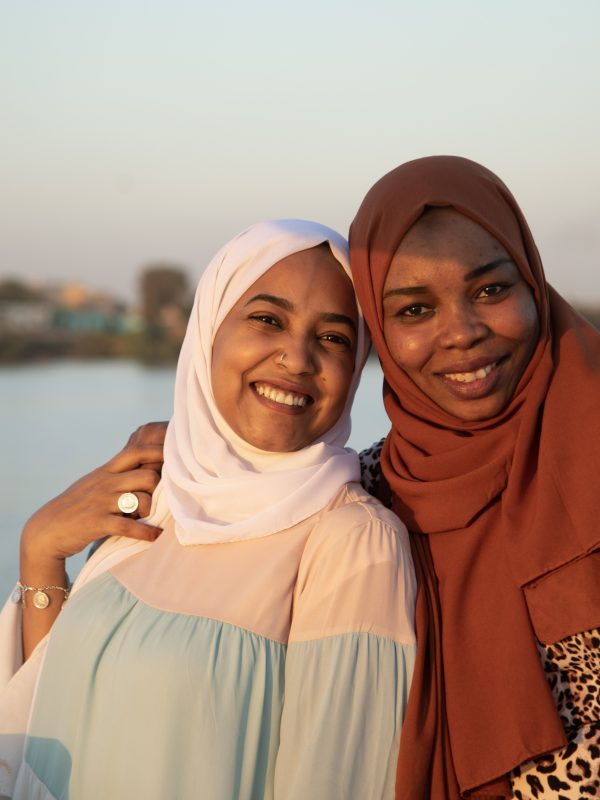
Results & Milestones
Below are some of our recent accomplishments.
- Amid the ongoing civil war in Sudan, we trained thousands of Sudanese youth and grassroots organizations to advocate for human rights.
- We provided trauma care and psychosocial support to nearly 1,000 Palestinian women and children in Gaza and delivered urgent humanitarian assistance to communities in Masafer Yatta facing displacement and violence.
- Our U.S. Democracy Resilience Networks disseminated pro-democracy and anti-violence messages that had a media reach of 166 million.
- We served as the independent observer of Mali’s 2015 Agreement for Peace and Reconciliation, identifying obstacles to a peace and making specific recommendations for overcoming those barriers.
- We helped reduce civilian harm in post-civil war Syria through virtual reality tools that explain the risks of unexploded ordnance.
- We reduced violence in central Mali by training more than 400 representatives in conflict resolution and delivering development projects benefiting more than 280,000 people.
Spotlight on Conflict Resolution
Global Impact Starts with You
Your support sustains the Carter Center's mission of waging peace, fighting disease, and building hope around the world.

